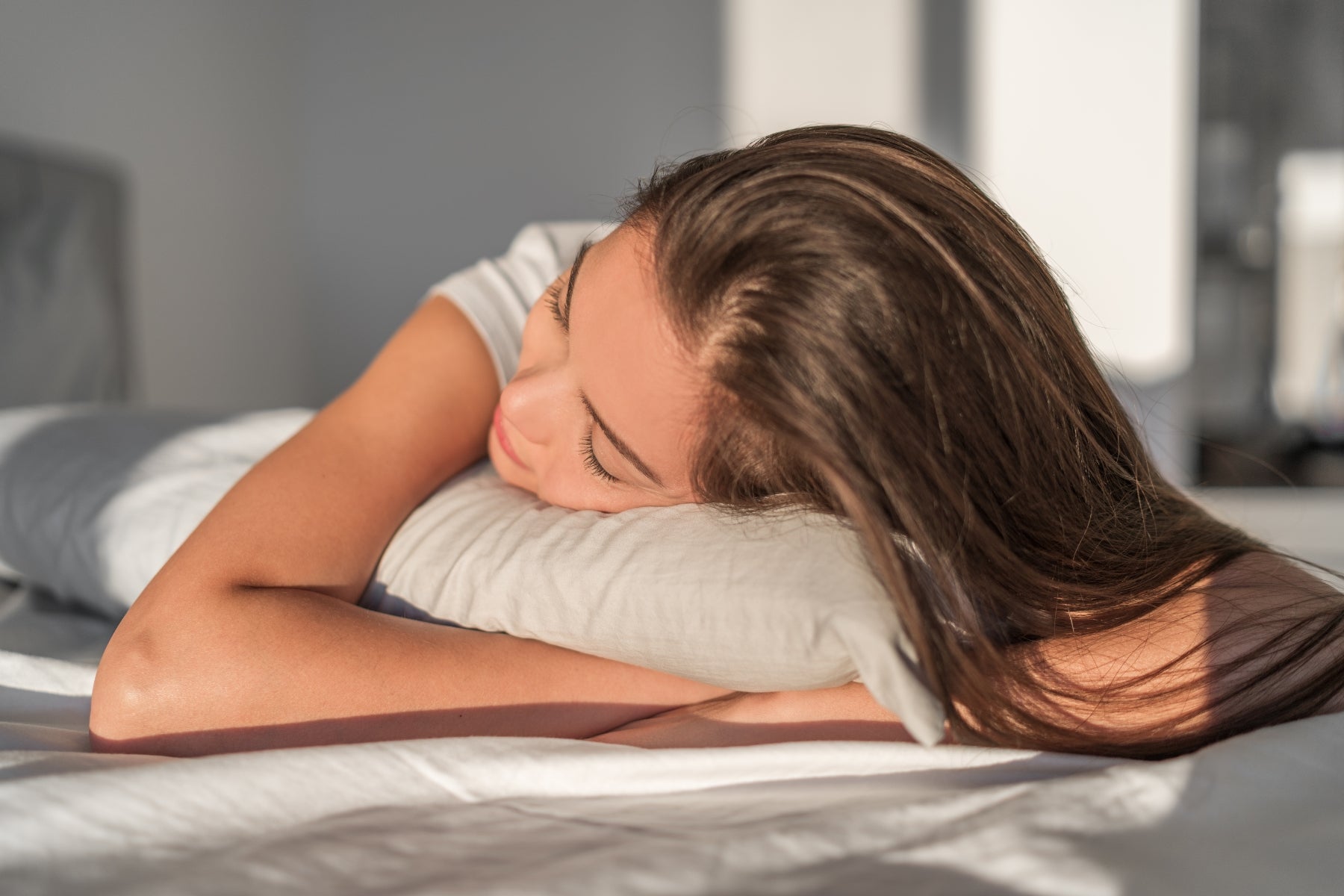
The Importance of Sleep for Healthy Hair
Restful sleep is one of the fundamental pillars of maintaining good overall health, and this includes hair health. While we often focus on topical treatments or supplements for hair care, we often overlook the crucial impact that adequate rest has on its appearance, strength, and growth. In this post, we'll explore why quality sleep is essential for healthy hair and what you can do to improve your sleep hygiene.
The hair cycle and its relationship with rest
Hair growth is directly influenced by the circadian rhythm, which regulates many of the body's biological processes. During sleep, the body is in its repair and regeneration phase . During this process, the cells responsible for hair growth (keratinocytes) divide and regenerate more actively. Poor or inadequate sleep not only affects the appearance of your skin but can also interfere with this natural cycle, which can result in accelerated hair loss or slower growth.
Additionally, sleep deprivation contributes to increased oxidative stress and the production of stress-related hormones, such as cortisol, which can disrupt hair health. Prolonged stress and a lack of adequate rest can trigger conditions such as telogen effluvium , a type of temporary hair loss that occurs when a high number of follicles prematurely enter the resting (telogen) phase of the hair cycle.

Melatonin and its impact on hair growth
We already discussed the role of melatonin in our previous post on its use to combat hair loss (link at the end of the post). However, it's important to remember that this hormone, in addition to its topical action, plays a key role in regulating sleep. Melatonin, produced primarily at night, not only improves sleep quality but also protects hair follicles from free radicals, thanks to its powerful antioxidant action.
Recent studies suggest that restful sleep, mediated by adequate melatonin levels, can help keep hair follicles in their growth (anagen) phase for longer, which is key to healthy, strong hair. Therefore, improving your sleep hygiene not only improves your overall well-being but also the health of your hair.
Negative effects of lack of sleep on hair
When we don't get enough sleep or our sleep quality is poor, the negative effects quickly appear, both on our body and our hair:- Hair loss: Chronic sleep deprivation can lead to hormonal imbalances, which contribute to excessive hair loss.
- Weak, dull hair: Lack of sleep affects the hair regeneration process, resulting in more brittle and dull hair.
- Scalp disorders: Poor sleep can affect the scalp's sebum balance and hydration, causing dryness or excess oil, which can worsen conditions such as dandruff.
Tips to improve sleep hygiene and promote hair growth
- Maintain a regular sleep schedule: Try to go to bed and wake up at the same time every day, even on weekends. This will help your body regulate its circadian rhythm and maximize hair regeneration during the night.
- Avoid blue light before bed: Using electronic devices just before bed can inhibit natural melatonin production, delaying restful sleep. Avoid screens at least an hour before bedtime.
- Create a sleep-friendly environment: Sleeping in a cool, dark, and quiet room helps improve sleep quality, which in turn promotes hair regeneration.
- Incorporate a relaxing routine: Meditating, reading a book, or taking a warm bath before bed can help you relax and improve sleep, which is beneficial for your hair.
- Consider melatonin supplements: If you have trouble falling asleep, talking to a specialist about using melatonin supplements may be an option. This will not only improve your rest, but it can also contribute to the health of your hair.
Conclusion
Hair care goes beyond the products we apply topically. Ensuring a good night's rest is essential for the body's regenerative processes, including hair growth , to function optimally. Improving your sleep hygiene will not only benefit your overall health, but may also be the key to stronger, shinier, and healthier hair.
Would you like to learn more about how melatonin can help improve your hair health? Don't miss our previous post on the use of melatonin in hair care and its relationship to hair loss.


Leave a comment
This site is protected by hCaptcha and the hCaptcha Privacy Policy and Terms of Service apply.